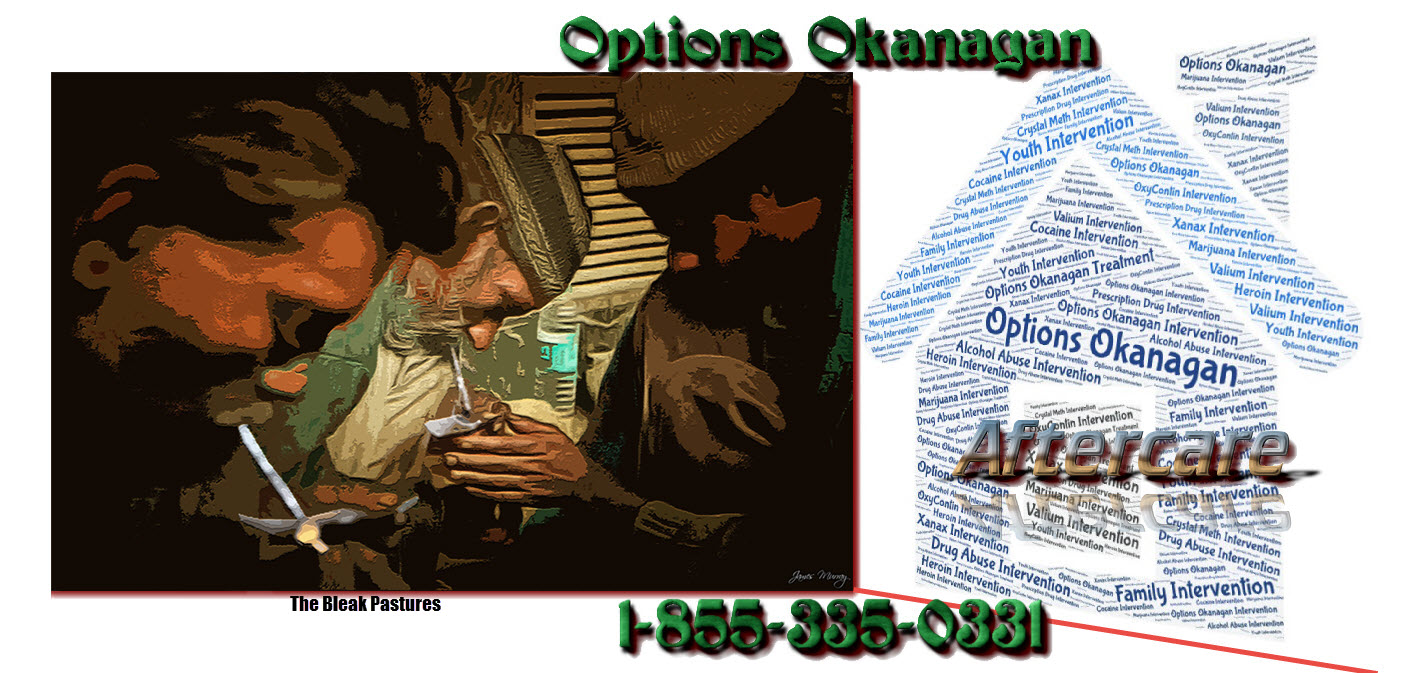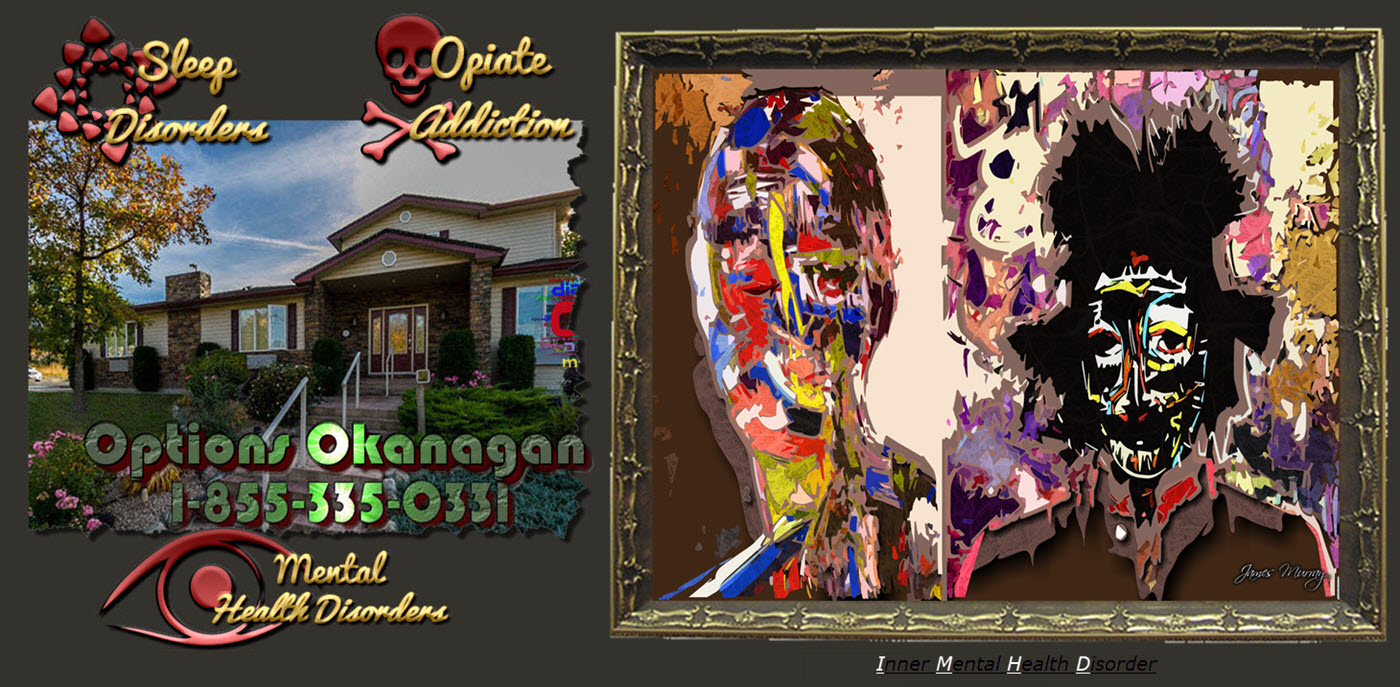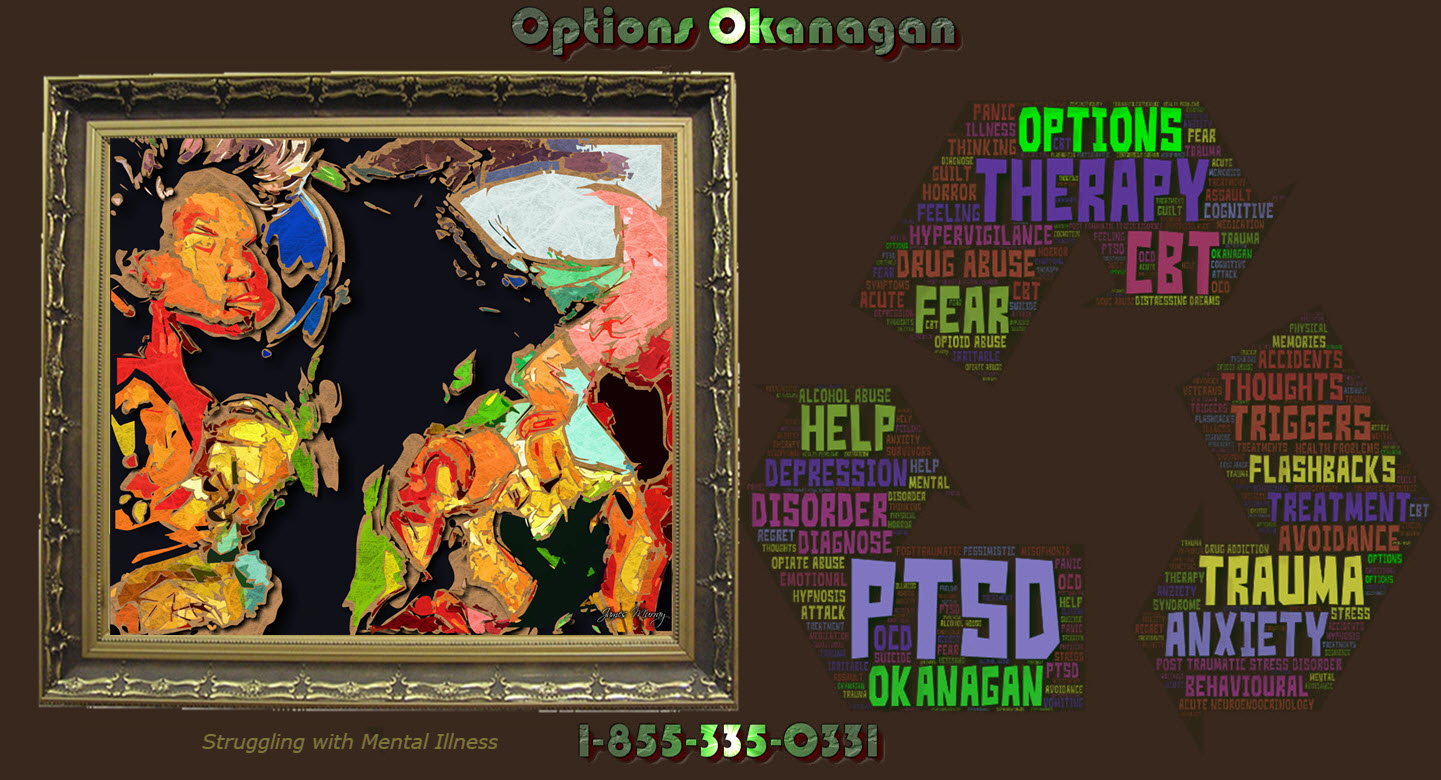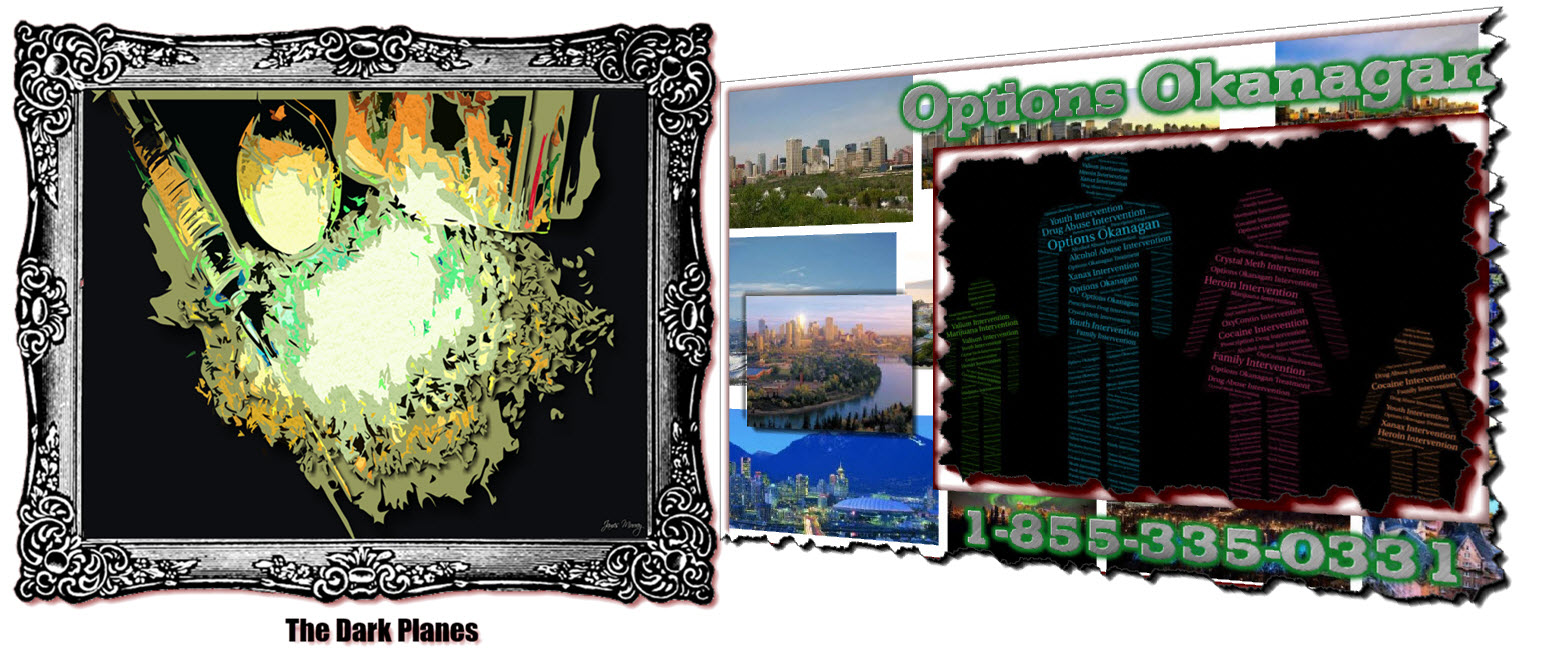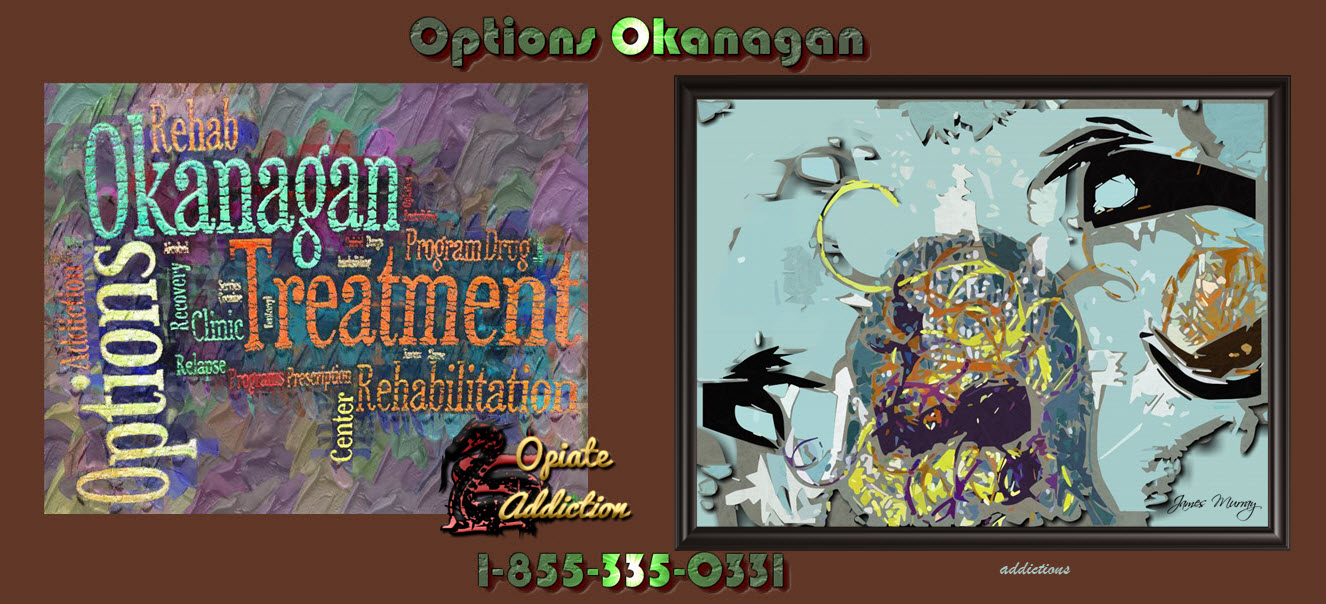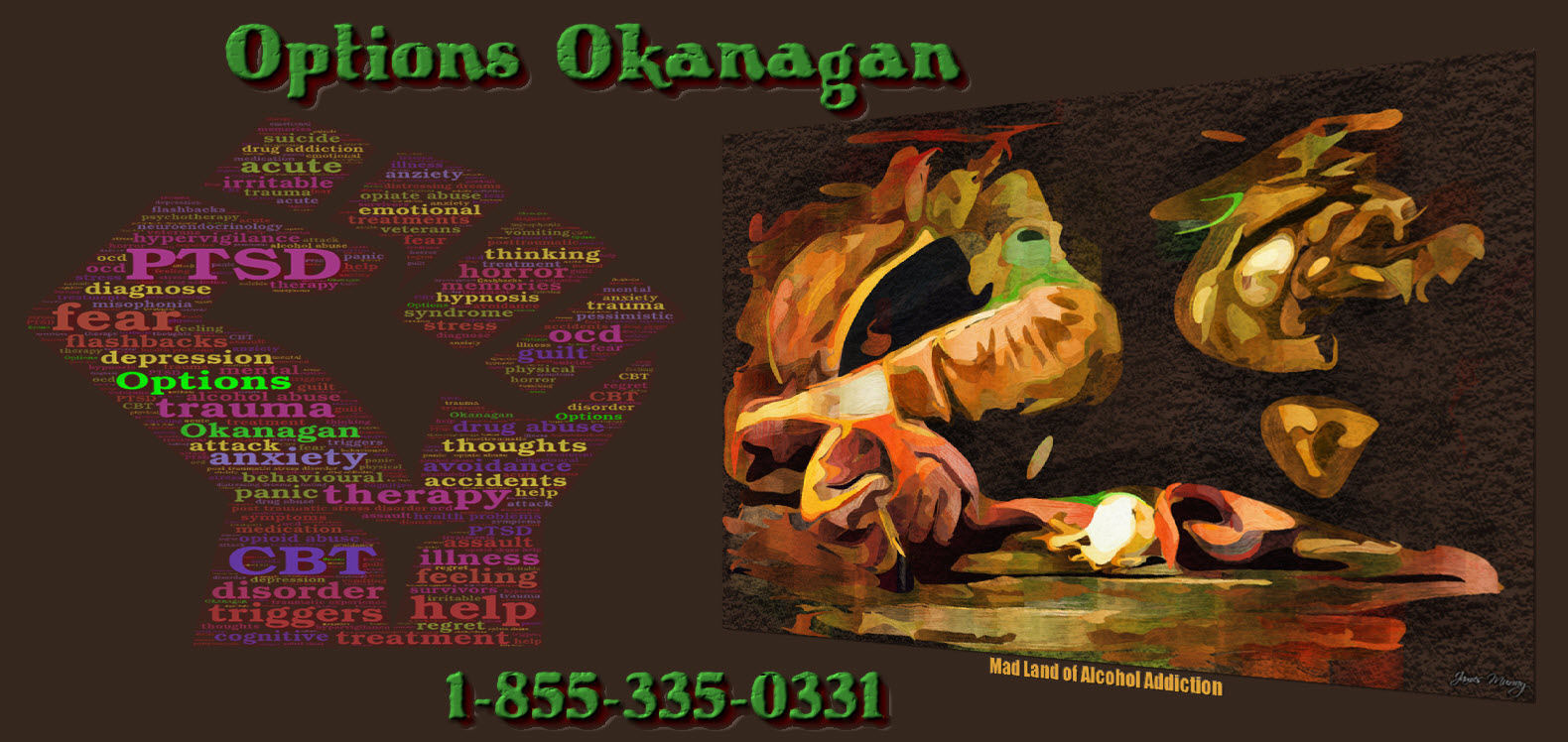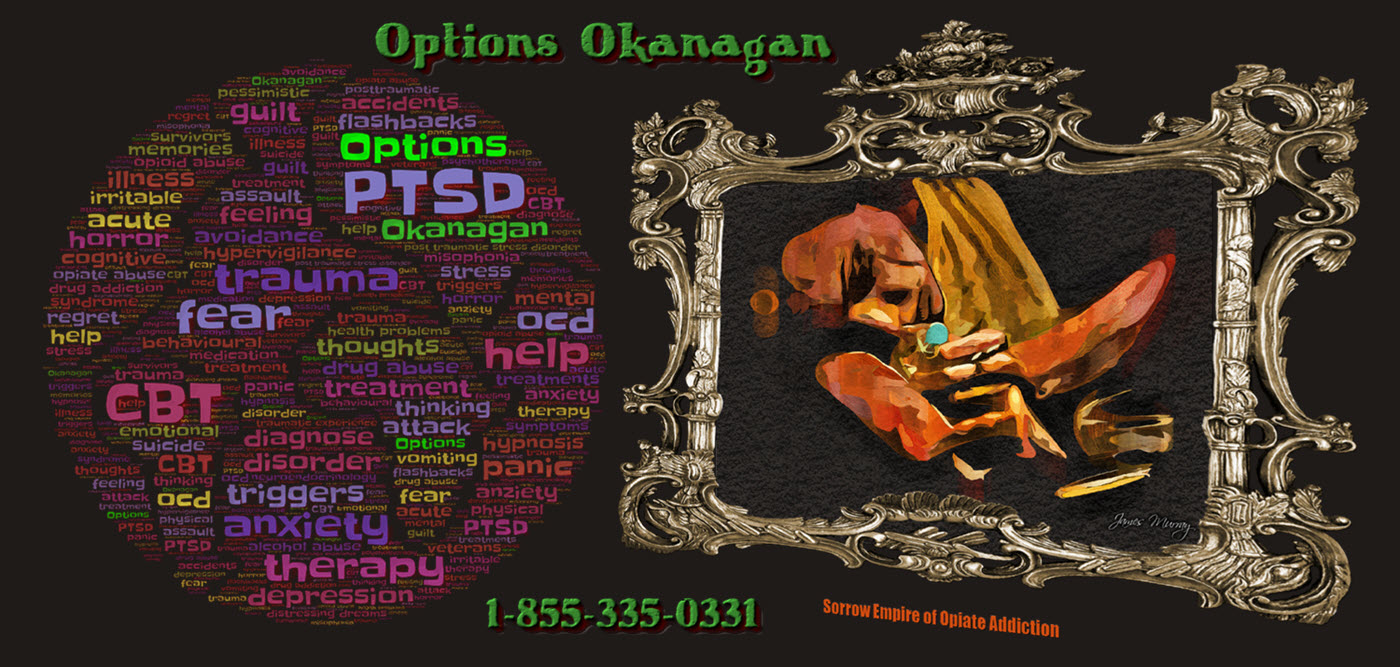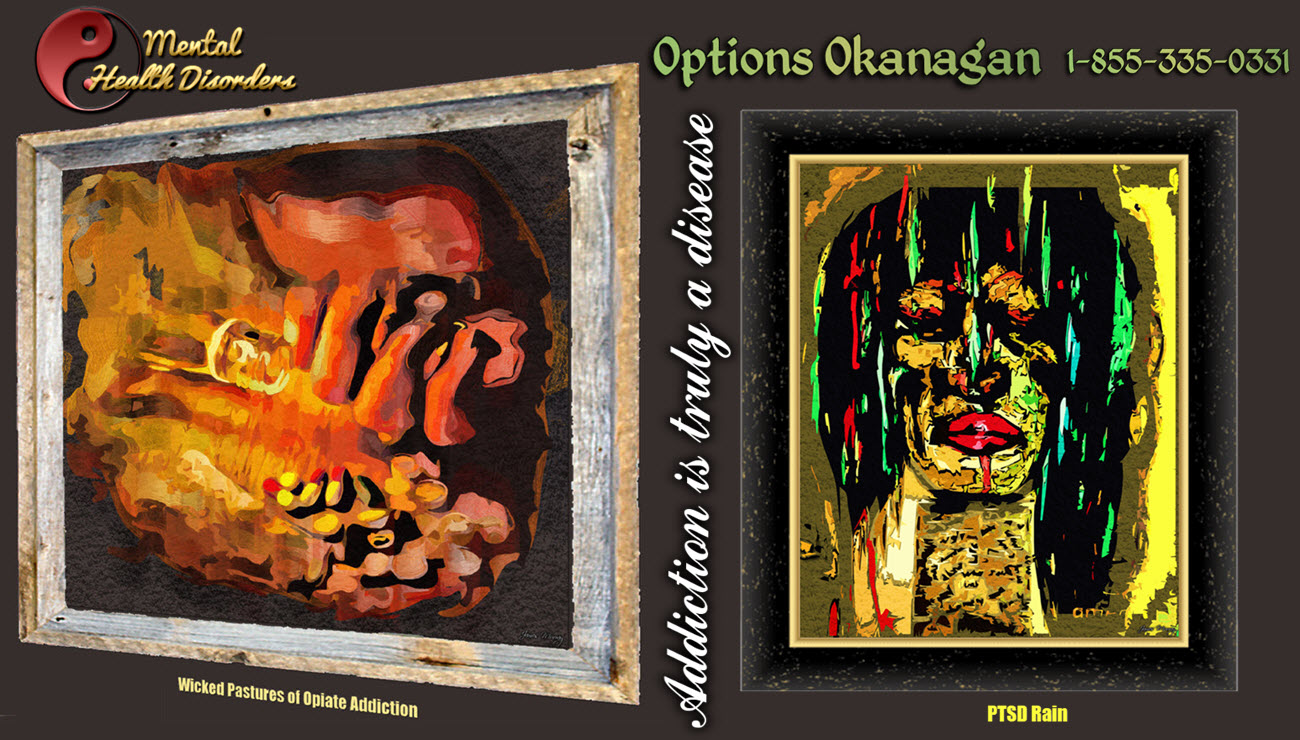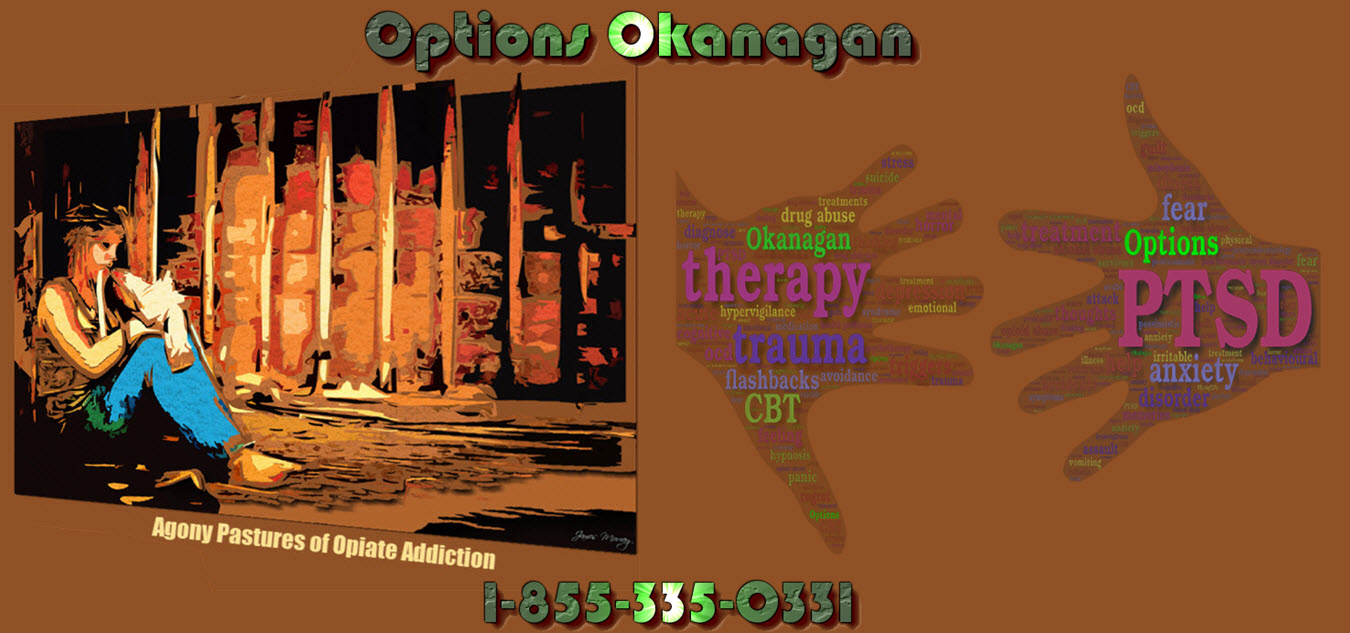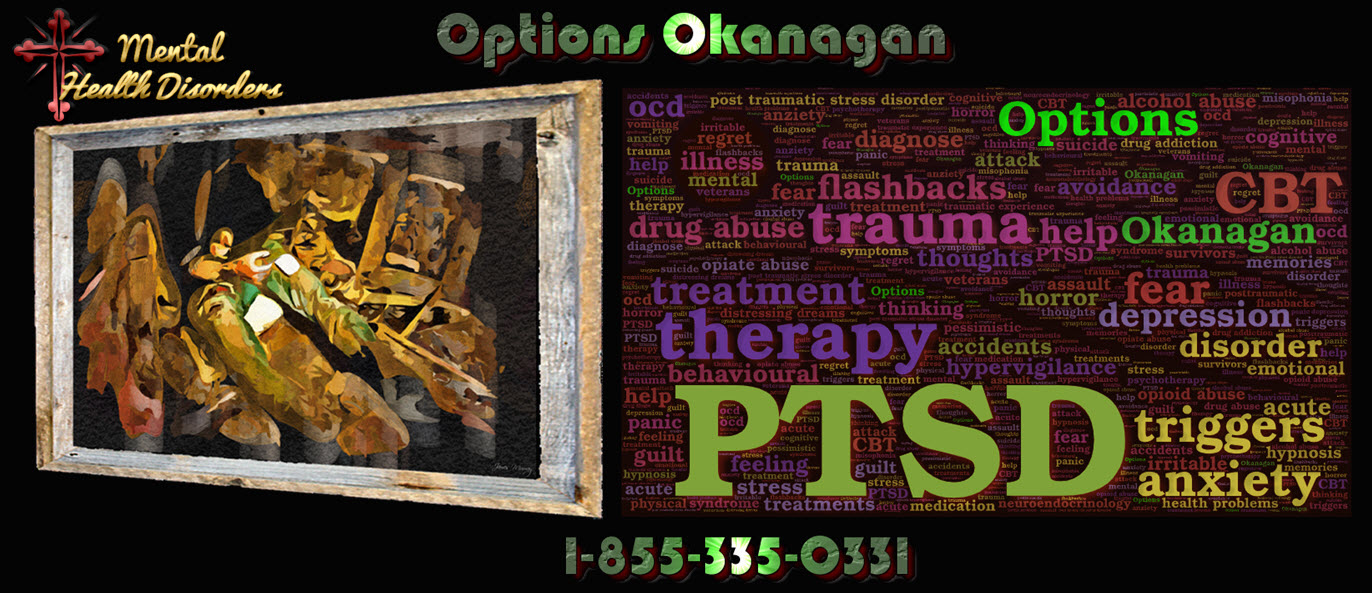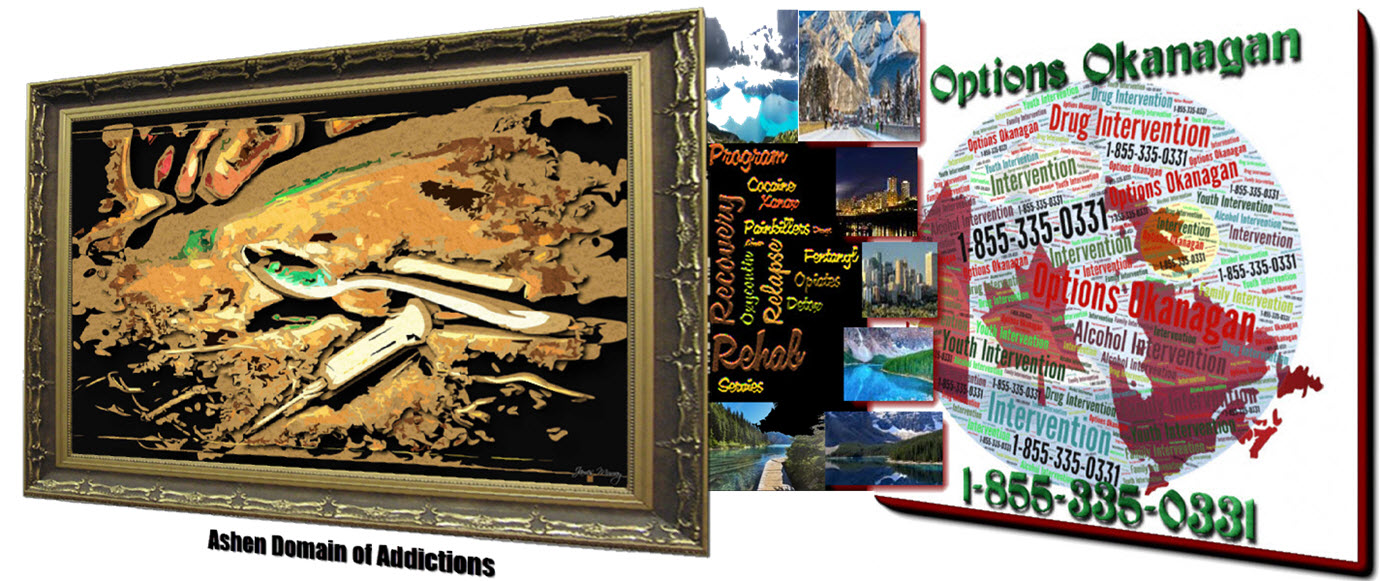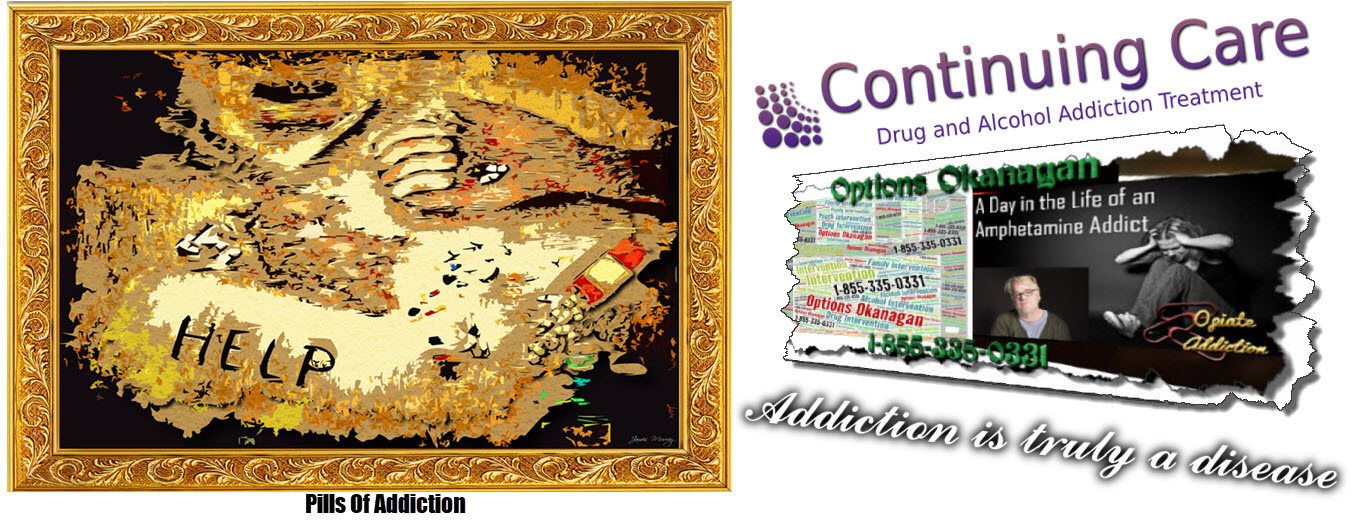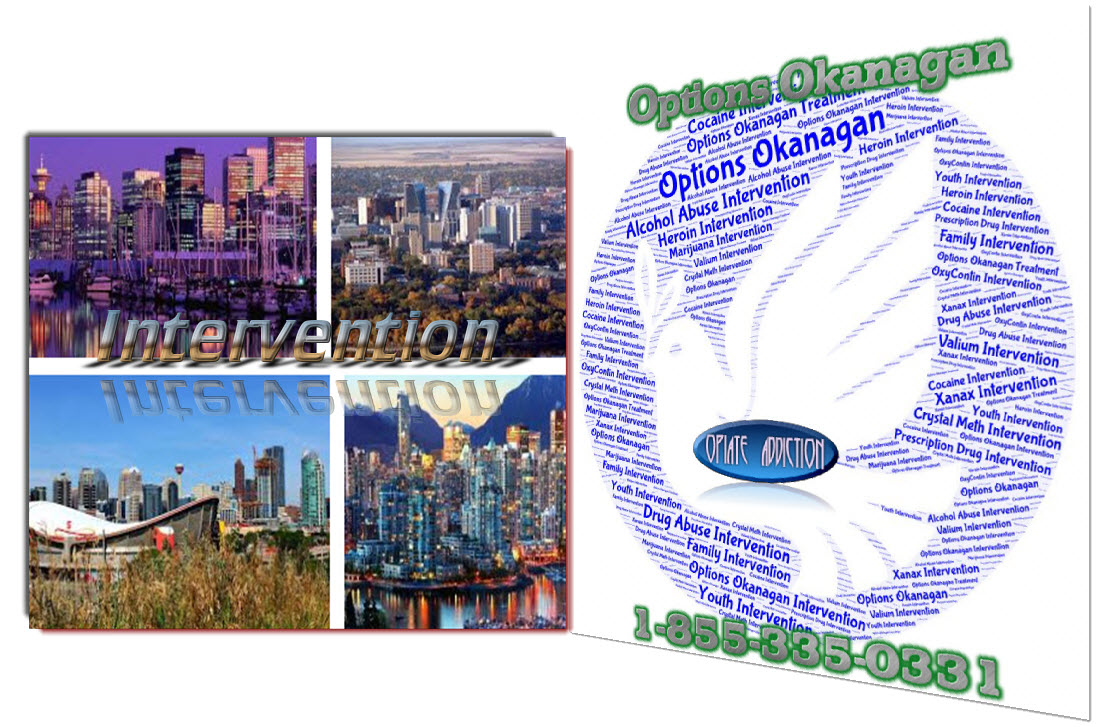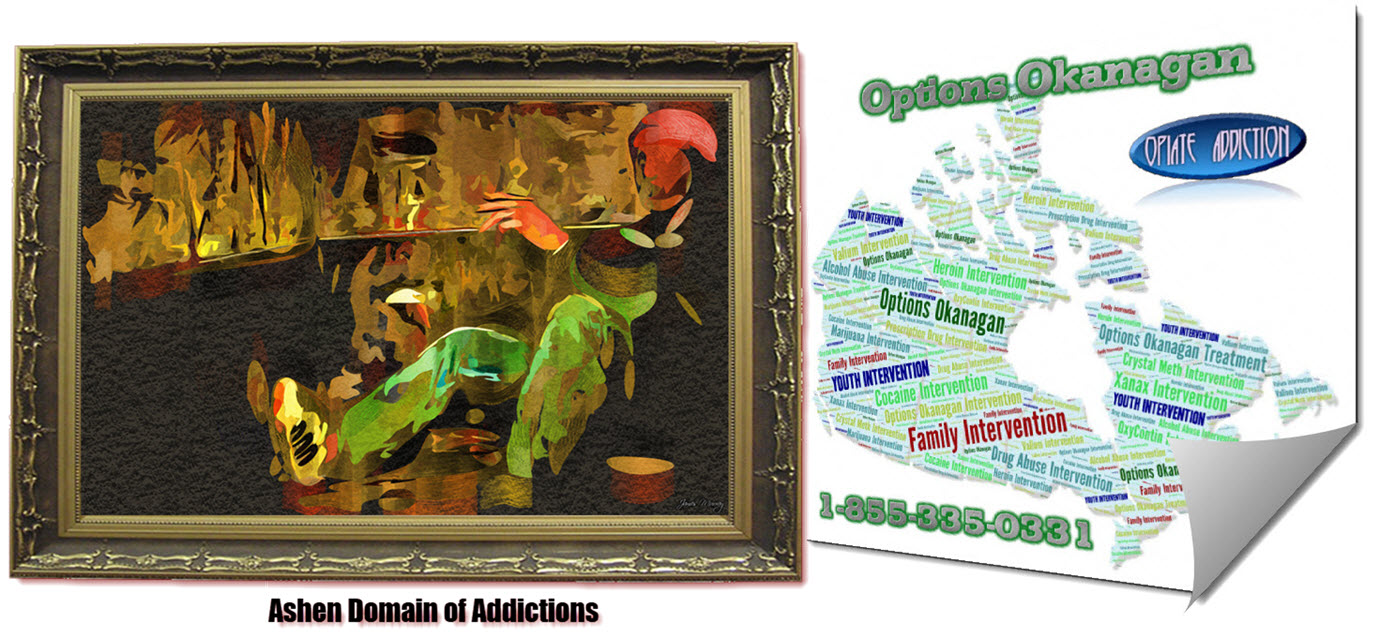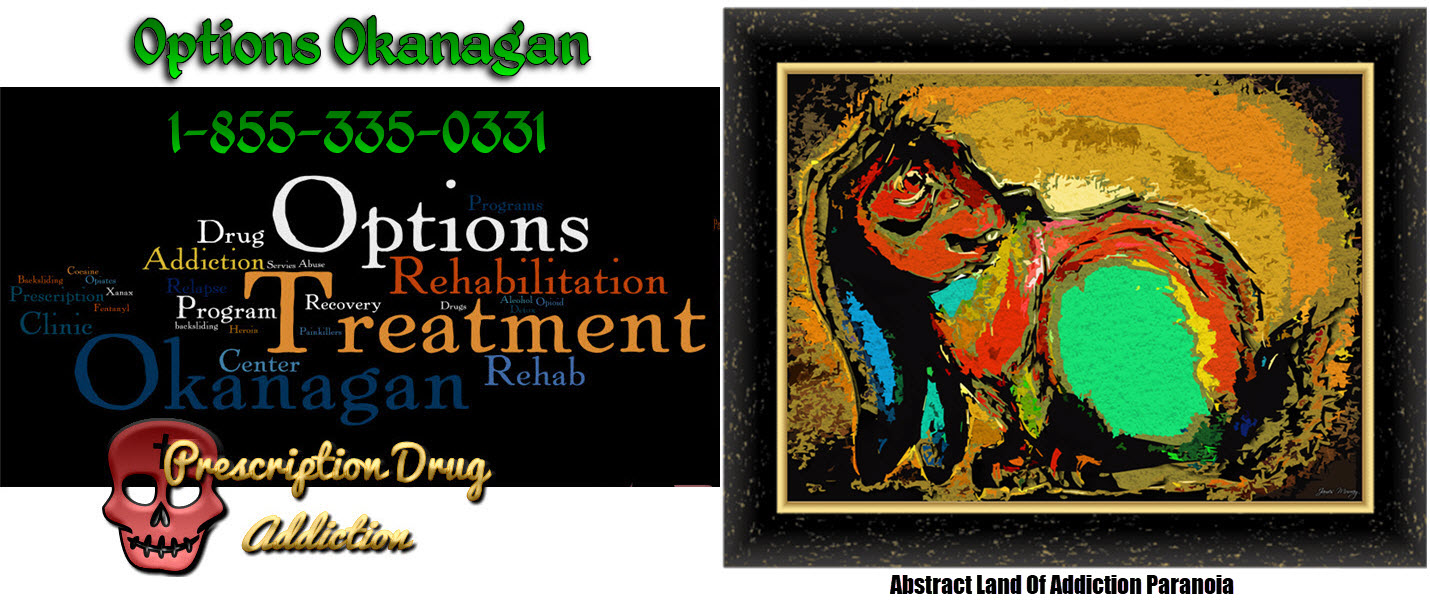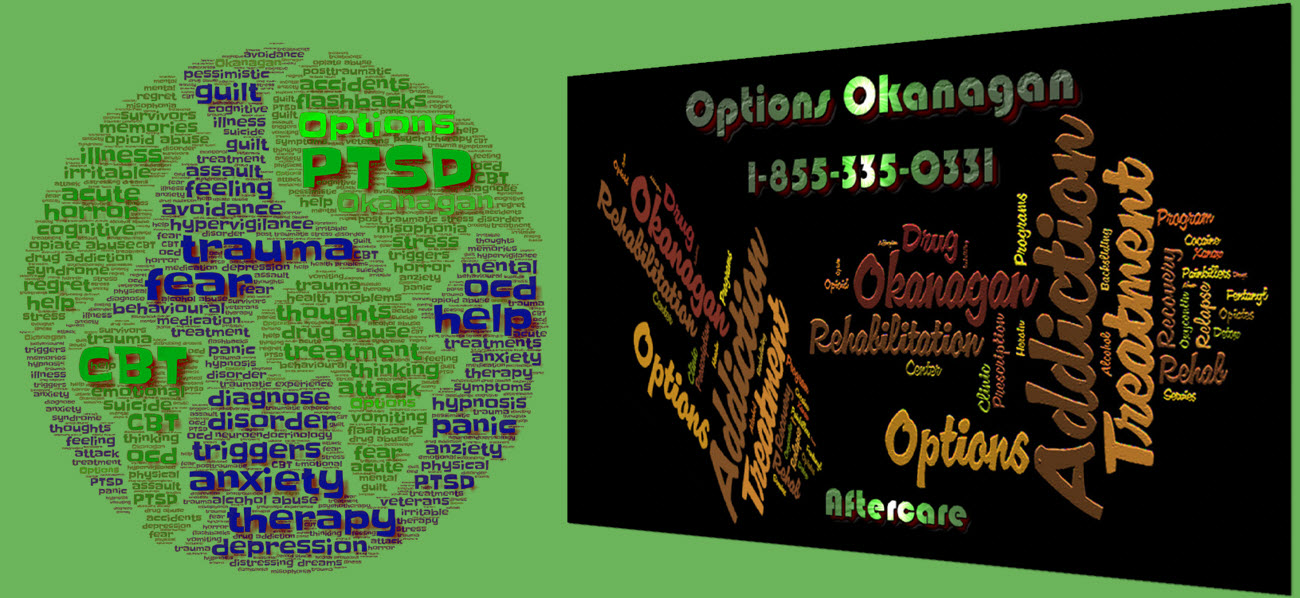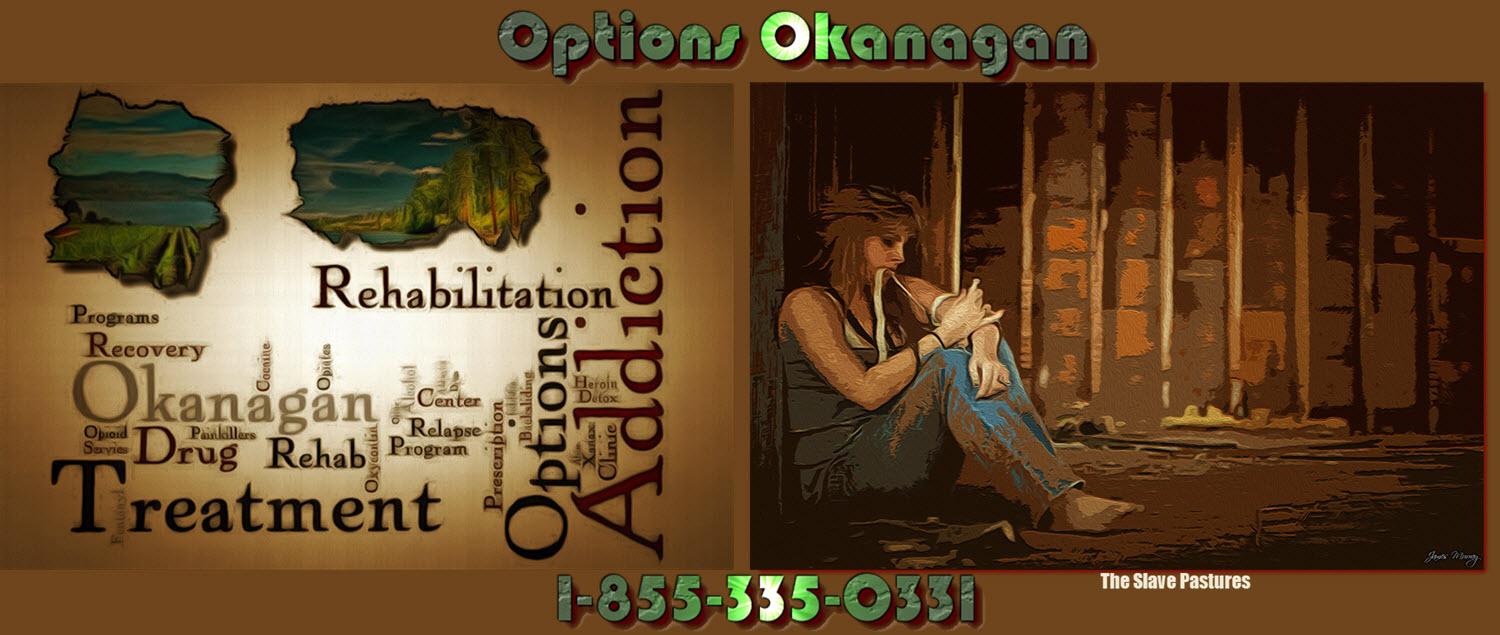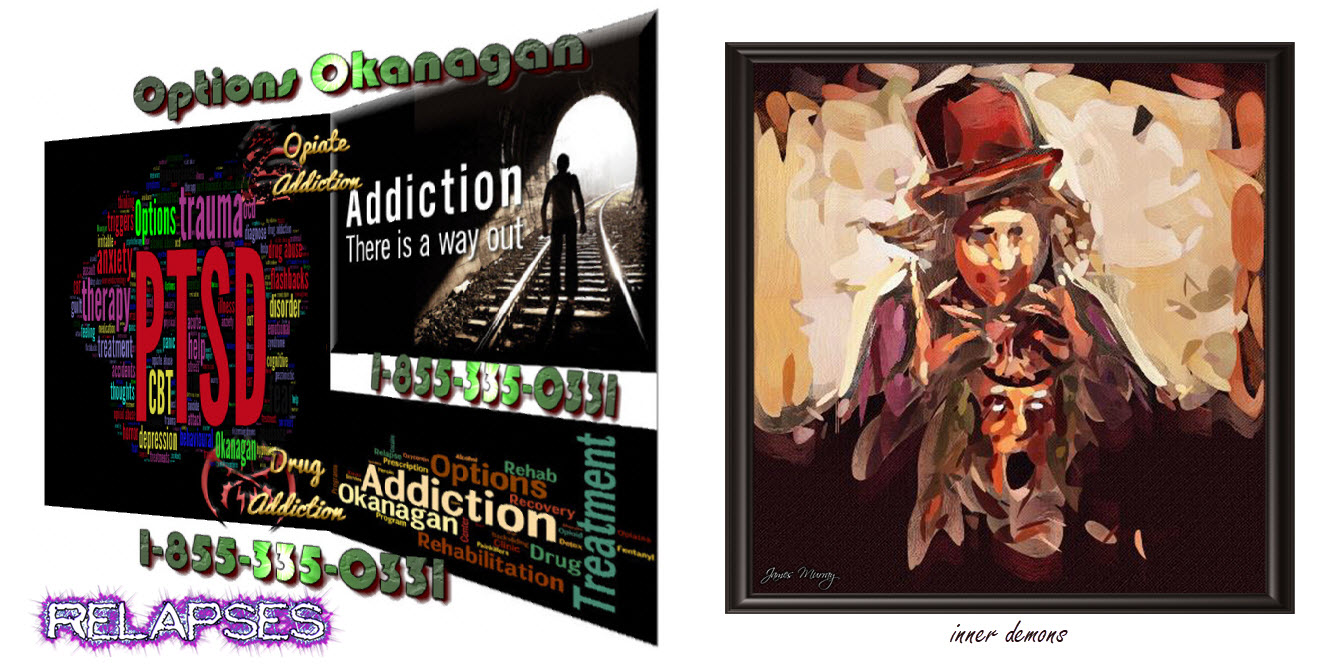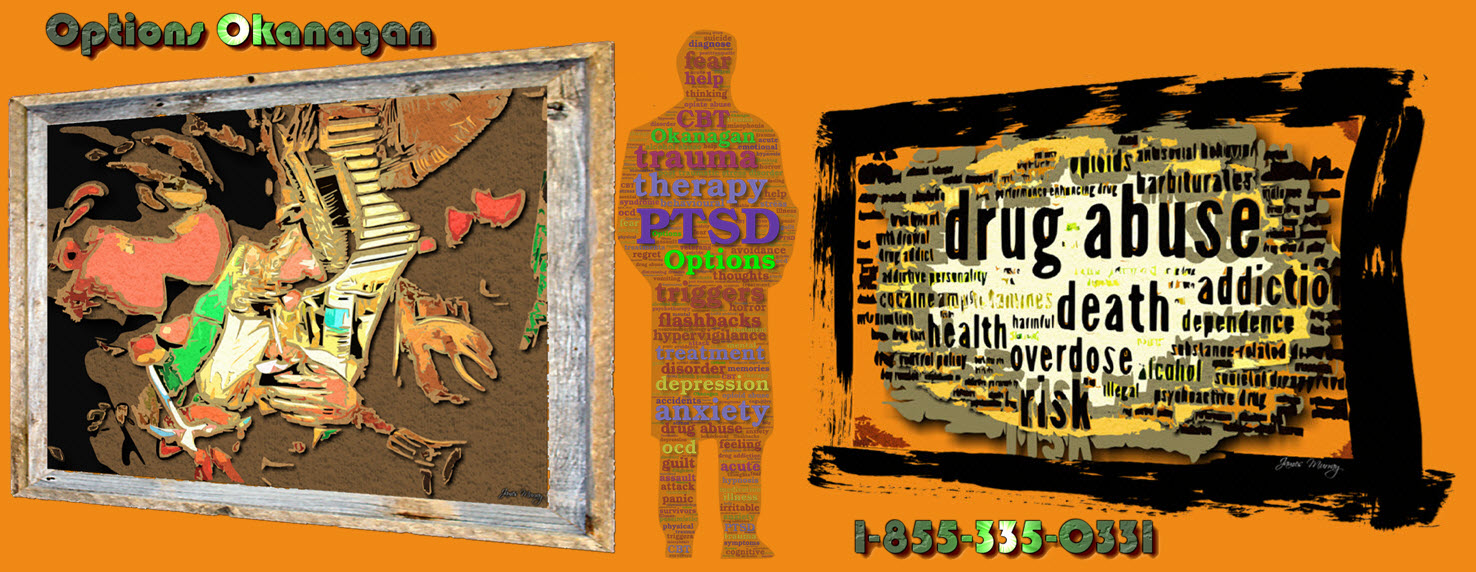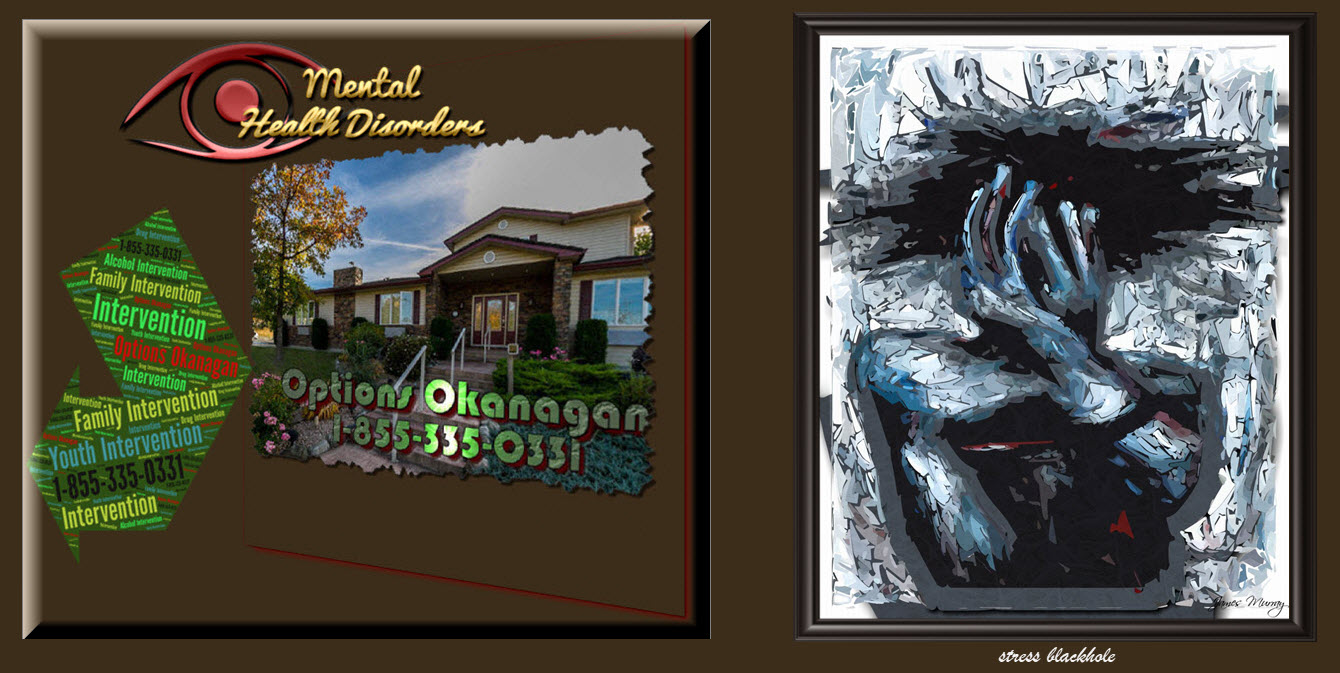What exactly is the Concept of Substance Abuse? Drug, opiate and alcohol addictions – Drug Rehab Programs for recovering addicts in British Columbia and Alberta – Options Treatment Center in Kelowna, British Columbia treating drug, opiate, fentanyl, heroin and alcohol addiction and recovery.
Drug Rehab In Alberta And BC
While it could be straightforward to define a drug addiction, the problem is actually a very complicated illness. To put the matter simply, a drug abuse could possibly be considered the continued and uncontrollable usage of drugs in spite of the negative health issues and social consequences on this addiction.
Drug abuse involves a deep reliance upon a substance and it is an important point that must be contained in the definition. You will find both psychological and emotional aspects to drug addiction in addition to a variety of physical aspects to the condition. Substance abuse might be described as the pathological reliance upon drugs or other substances.
Since drug addicts usually start their dependence by making use of drugs to manage specific situations or behaviors which may have gotten out of hand, drug use can be a behavioral issue. Due to the physical dependence of the drug on the human body, the addict often gets the idea that they already have hardly any other choice but to help keep on using.
But, you will find a huge difference between drug use and abuse. Although this is usually only seen with regards to prescription pharmaceuticals, there are instances when to take drugs without building a dependence. This happens when drugs are prescribed to treat conditions or address pain while an illness is now being treated. In these cases, the person is benefitting from the drug use without being hooked on drugs.
Individuals must continue their drug use throughout the treatment despite the actual existence of unpleasant unwanted effects. When drugs are not being useful for medicinal reasons there might be an addiction behind the utilization. Someone that is using drugs in spite of the negative side effects of such drugs is regarded as developing a dependence on drugs.
Drug addiction will not be the same as drug abuse either. An individual who uses a lot of drugs at a single occasion and even a extended period is abusing the drug. But, only if the using is continued and seemingly unstoppable has it become an addiction.
To accomplish the concise explanation of a substance abuse, additionally there is the necessity to mention the psychological reliance on drugs and also the physical dependence. After a specific drug continues to be exposed to the system for a long period, a actual physical dependence is considered to get developed. Once the drugs are already being used for some sufficient time the human brain has additionally created a reliance on the drug and a psychological dependence also has developed.
In the long run, discovering the causes behind an addiction may well be more important than discovering a concise explanation of substance addiction. Specially when the life of somebody you care about has become affected. But, possessing a full comprehension of the definition will likely allow great insights on addressing this disorder which emanates from a greater comprehension of the definition.
Options Okanagan Opiate and Alcohol Treatment Centers in Kelowna, Salmon Arm and Vancouver, British Columbia – Men and Women are recovering and healing from Alcohol and Drug Abuse at our treatment center here in the Okanagan right now.
Our unique and distinctive Opiate Drug and Alcohol treatment program allow men and women to come in from Calgary as well as Edmonton as we offer airport pickup.
Numerous clients come to us from Vancouver, Calgary, and Edmonton and other locations in Alberta and even other provinces for Opiate addiction treatment, heroin drug treatment, many other drug and alcohol addictions for rehabilitation because of the uniqueness of our treatment center.
Our (Kelowna ) Alcohol and Drug Treatment Program Location:
(Not Mailing Address) Contact Us – Web Page
For Mail Delivery :: Please contact each center for correct mailing addresses, also this location is the location of our residential treatment programs in Kelowna. Please call Toll Free 1-855-335-0331 to contact the treatment center you are going to for the address and directions.
Options Okanagan Drug and Opiate Treatment Center
551 Sherrydale Crescent, Kelowna, British Columbia, V1V 2E6
Toll-Free Phone Number: 1-855-335-0331



